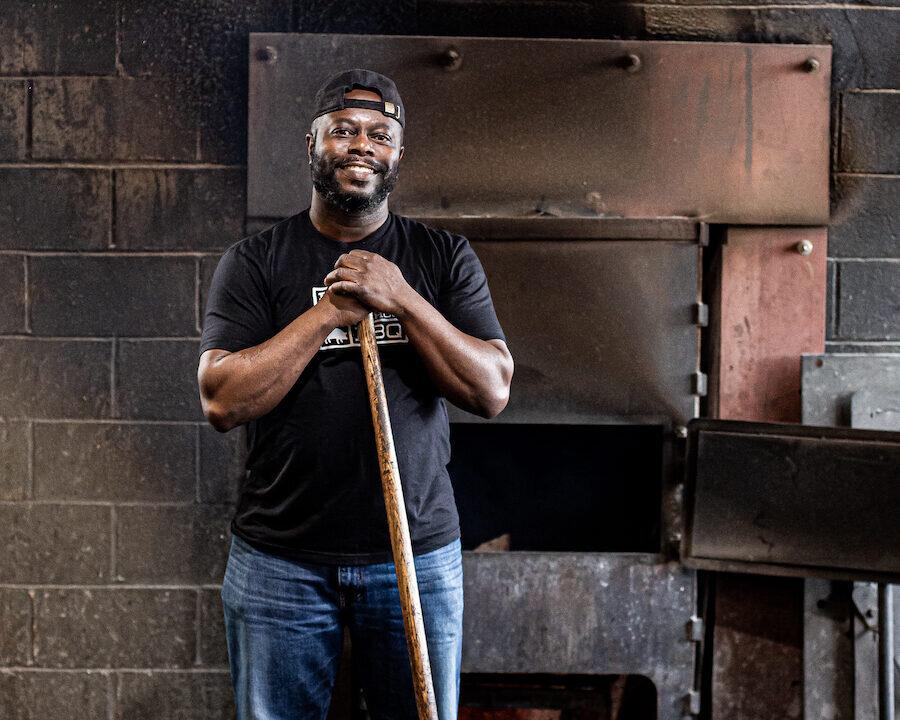The first step of cooking a whole hog, says Rodney Scott, “is to get you some patience. Because you’re gonna need it.”
Scott would know. The James Beard Award-winning pitmaster, owner of Rodney Scott’s BBQ in Charleston, Birmingham, and Atlanta, has been perfecting the art of whole-hog barbecue for nearly four decades—since he cooked his first at age 11.






